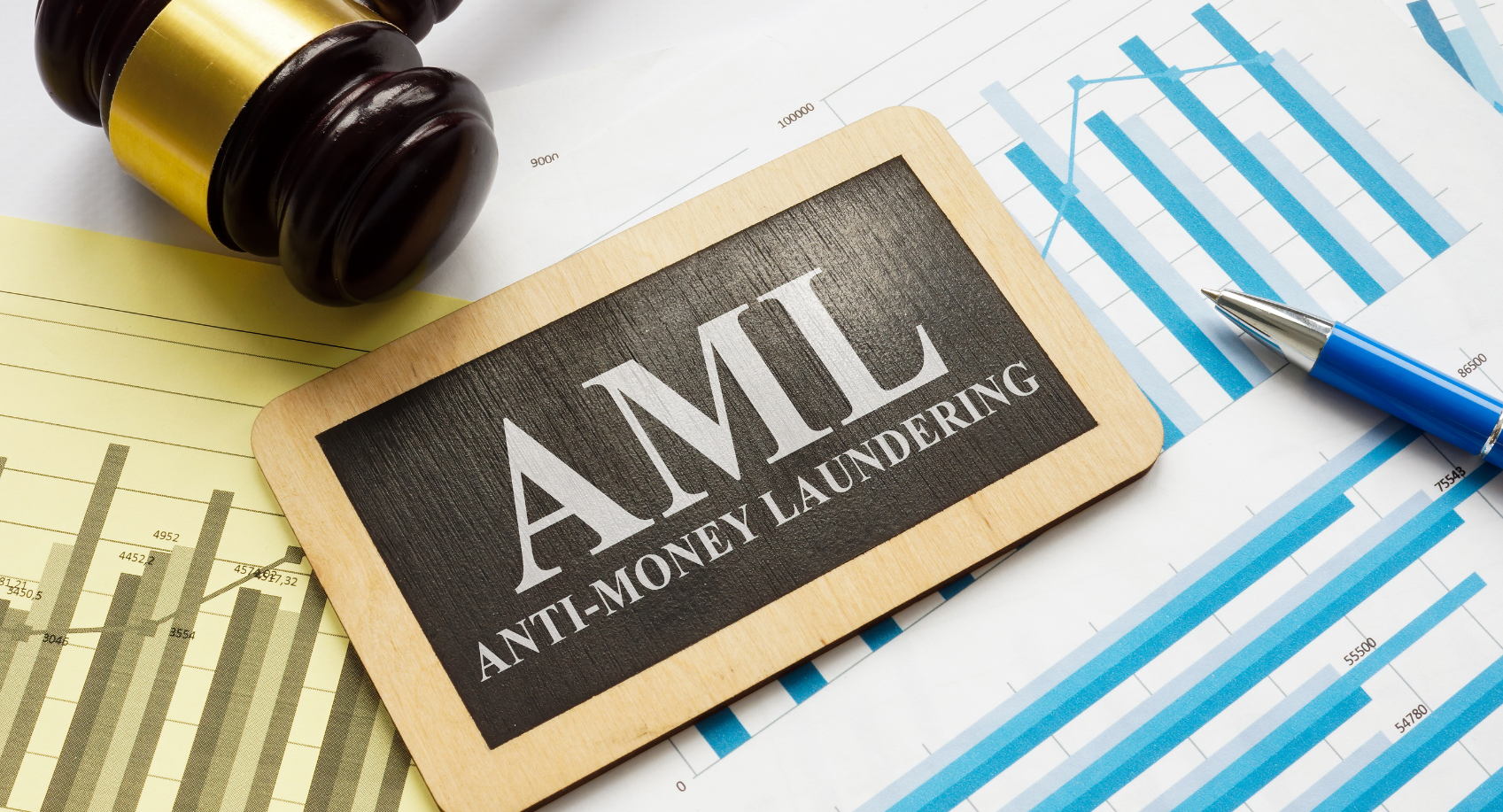Introduction:
As the world is evolving and growing every day parallel to growing economies crimes are also becoming more serious. In financial markets, peoples launder their money into foreign economies. All the money generated from corruption, smuggling, drug selling, terrorist activities, tax evasions, and other serious crimes transfers to foreign banks by misrepresenting it as the legal course (Cheng, 2012). Money laundering is the act of converting illegally gained money into white money by giving the appearance of having originated from legal sources. The amount of money laundered in the world each year is account billion dollars. Due to the rise in money laundering crime many governments and regulatory authorities are setting strict rules and guidelines to prevent, identify, and report money laundering activities, which is called Anti-Money laundering (Ali, 2013).
Barclays Bank:
Barclays is a British financial and banking service corporate head office in London. Barclays is a global bank, it has operations in more than 50 countries and catering financial services to more than 49 million customers. Barclays product/service portfolio includes investment banking, wealth management, wholesale and retail services. Barclays had total assets of $2.49 trillion on 31 December 2013 which makes it 7th of any largest banks worldwide (Barclays Bank, 2013).
Barclays bank and Anti-money laundering:
Barclays is at the vanguard of the fight against money laundering, which uses the international financial system to transact money from its true origin. Barclays has formed legislations that are the cornerstone of Barclays anti-money laundering.
Barclays has designed an anti-money laundering policy to ensure that the company complies with all the regulations and requirements are imposed by UK legislation and industry guidance for the financial sector, including preventing and mitigating the risk of financial crime well as Barclays complies with local obligations of terthey’retheioperateserate. Barclays anti-money laundry policy contains (Barclays Bank, 2013).
- The company should appoint a group money laundering reporting officer and local money laundering reporting officer, who has the responsibility of overseeing central and local business compliance with relevant regulations, rules, industry guidelines, and legislation.
- Policy to establish and maintain a risk-based approach towards preventing and managing money laundering and financial risks.
- Establishment and maintenance of a risk-based approach to identification, verification, and procedures of “know your customer”, which present risk associated with the customer profile.
- Another point in policy is a screening of prospective and existing customers.
- The policy also focuses on establishing and maintaining risk-based procedures and approaches to examine customers’ accounts and activities.
- The policy also highlight procedure for reporting nonroutine activity internally and suspicious activity externally to relevant law enforcement authorities.
- Police focus on proper maintenance of records
- The policy ensures regular training for all relevant employees to enable them to understand and fulfill their legal obligations and recognize the risk of the bank’s products and services being used to assist money laundering or terrorist financing.
- The policy requires establishing and maintaining appropriate communications and monitoring conformance arrangements to ensure that Barclay’s policy requirements are understood and complied with in practice
- On last policy require the provision of appropriate management information and reporting to senior management around compliance with Anti Money Laundering
Loopholes in Barclays Anti-money laundering:
No doubt Barclays has an effective Anti-money laundering policy, but still, there are loopholes in Barclays Anti-money laundering policy that failed to comply with rules and regulations of regulating authorities.
For example, Barclays had battled to repair its reputation in the wake of the 2012 Libor rigging scandal, which saw the bank paid hefty fines to US and UK regulators. Moreover, Barclays confirmed in 2009 that it was playing a role in money laundering of its client, Arthur Budovsky, Barclays has been asked to surrender details of a personal current account in his name held in one of the bank’s branches in Spain where he is currently under arrest ( Insurance Fraud Subcommittee, 2004).
Following are the loopholes of Barclay’s anti-money laundering policy (MATONIS, 2013).
- Barclays does not make sufficient use of information access powers under the AML Law to enhance international cooperation.
- Barclays lacks the adoption of measures such as tracing to confiscate property, background information of a foreign customer, and proceeds from money laundering.
- Another loophole of Barclays is it does not highlight the procedure for reporting activity internally connected with clients.
Recommendation:
Following is the recommendation that can improve the conduct of anti-money laundering in Barclays operations ( Oracle, 2010).
- The Barclays should enhance regulation, supervision, and guidance offered to financial concerns.
- Another recommendation is Barclays should develop programs, such as internal policies, designed to combat money laundering and terrorist financing and ensure that all subsidiaries adhere to the recommendations to the extent the country has implemented them.
- Barclays should concentrate that client due diligence to be completed company and for enhanced security measures to be adopted about clients who do not provide complete originator information.
Bibliography
Insurance Fraud Subcommittee. (2004). GUIDANCE PAPER ON ANTI-MONEY LAUNDERING AND COMBATING THE FINANCING OF TERRORISM. INTERNATIONAL ASSOCIATION OF INSURANCE SUPERVISORS.
Oracle. (2010). Best Practices for Anti Money Laundering (AML): System Selection and Implementation. Oracle.
Ali, K. (2013). IMF calls for action against money laundering. Dawn.
Barclays Bank. (2013). Barclays Statement on Anti-Money Laundering.
Cheng, N. Y.-m. (2012). THE EFFECTIVENESS OF MONEY LAUNDERING INVESTIGATIONS IN FIGHTING TRANSNATIONAL CRIME. CENTER FOR NORTHEAST ASIAN POLICY STUDIES.
MATONIS, J. (2013). Money Laundering Is Financial Thoughtcrime. American Banker.



